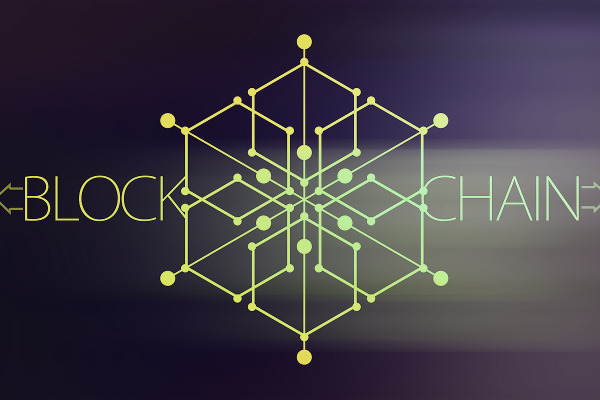Blockchain Technology Inspired Accely Business Solutions
Modern enterprises now operate across borders, partners, and platforms. In this environment, centralized ERP systems face growing pressure to prove data accuracy, trace transactions across organizational boundaries, and maintain trust among stakeholders. This is where blockchain principles, and infrastructure concepts begin to intersect with ERP. Accely business solutions partner positions itself at this junction, helping enterprises extend ERP systems beyond traditional boundaries without abandoning their core strengths.
Blockchain as Infrastructure, not Speculation
Blockchain is often misunderstood as synonymous with cryptocurrency. In enterprise contexts, however, its value lies in architectural concepts:
- Immutable records
- Distributed verification
- Transparent data flows
These principles align closely with what ERP systems aim to achieve, accurate records, reliable processes, and compliance-ready reporting.
Instead of replacing ERP, blockchain-inspired architectures complement it. Distributed ledgers can act as verification layers that reinforce ERP data, ensuring transactions cannot be altered without traceability. For industries where audit trails and regulatory compliance are critical, this adds a layer of assurance that centralized databases alone struggle to provide. Accely approaches blockchain not as a disruptive novelty, but as an architectural enhancement that strengthens ERP foundations.
Strengthening Auditability and Process Integrity

Auditability has always been a core ERP objective. Financial postings, inventory movements, and approval workflows must be traceable and defensible. Yet as data flows between suppliers, logistics partners, and customers, gaps can emerge. Blockchain-inspired systems address this challenge by creating tamper-resistant records that multiple parties can independently verify.
Accely business solutions partner helps organizations design ERP environments where critical events, such as supply chain handoffs or compliance checkpoints are reinforced through distributed verification mechanisms. This does not mean duplicating ERP data, but anchoring key records to immutable references. The result is stronger process integrity, reduced dispute resolution time, and higher confidence in reported outcomes.
Enabling Cross-Organizational Collaboration
Modern enterprises rarely operate in isolation. Supply chains, manufacturing networks, and service ecosystems depend on shared data across organizational boundaries. Traditional ERP systems excel internally but often rely on integrations, reconciliations, and trust assumptions when data moves externally.
Blockchain-inspired architectures introduce shared verification without forcing full system unification. Partners can validate transactions without exposing proprietary ERP data. Accely leverages this model to help enterprises collaborate securely while preserving system autonomy.
Accely’s Role as a Strategic Modernization Partner
Accely providers are positioned not as a technology vendor chasing trends, but as a strategic integrator translating emerging infrastructure concepts into practical enterprise value.
By understanding both ERP architecture and distributed system design, Accely helps organizations modernize without destabilizing mission-critical systems.
This role is especially important as enterprises balance innovation with compliance and operational continuity. Blockchain principles are powerful, but only when applied selectively and purposefully. Accely guides enterprises in identifying where immutable records, distributed verification, and transparent data flows add measurable value, whether in compliance reporting, supply chain visibility, or cross-entity coordination.
Bridging Trust, Technology, and Enterprise Scale
The shift from traditional ledgers to distributed systems is not a rejection of ERP, but an evolution of it. ERP remains the operational backbone of enterprises, while blockchain-inspired architectures enhance trust, resilience, and collaboration.
By aligning ERP goals with distributed system principles, Accely enables organizations to strengthen data trust, improve audit readiness, and collaborate more effectively across complex ecosystems.


 Blockchain technology continues to grow across many industries. It is often linked to cryptocurrency, but it is much bigger than that. Many brands now use blockchain tools to improve security, trust, and transparency in their operations. At the same time, more companies are turning to Reddit as part of their marketing plan and they buy Reddit comments for your business. Buying Reddit comments has become a strategy to help brands increase visibility and build social proof. When used with care, it can help support your online presence and attract more customers.
Blockchain technology continues to grow across many industries. It is often linked to cryptocurrency, but it is much bigger than that. Many brands now use blockchain tools to improve security, trust, and transparency in their operations. At the same time, more companies are turning to Reddit as part of their marketing plan and they buy Reddit comments for your business. Buying Reddit comments has become a strategy to help brands increase visibility and build social proof. When used with care, it can help support your online presence and attract more customers.

